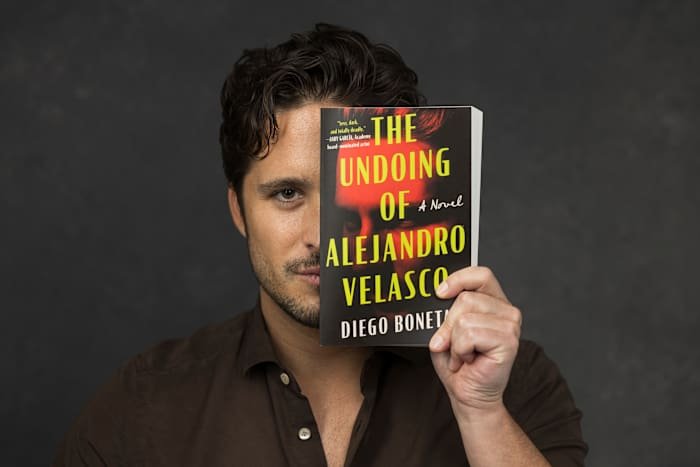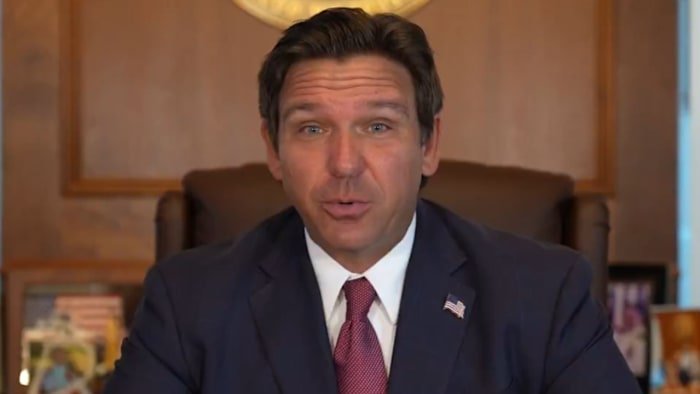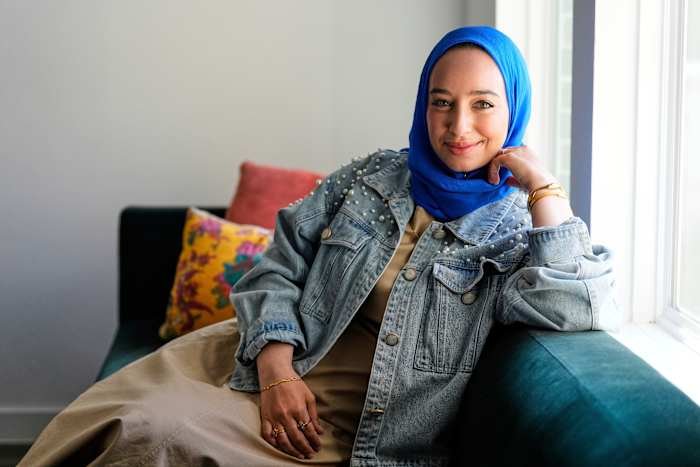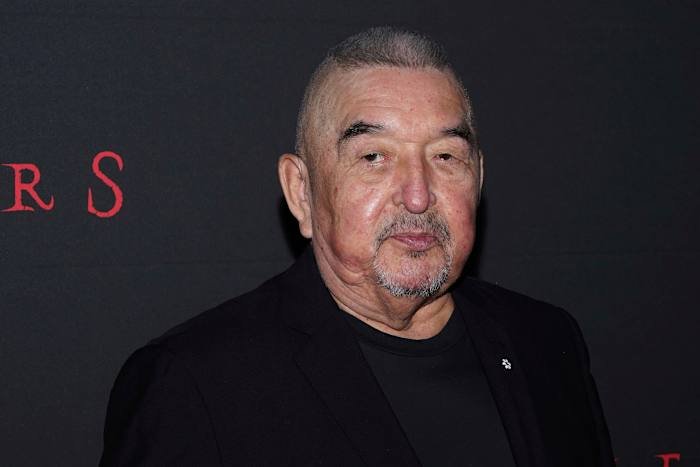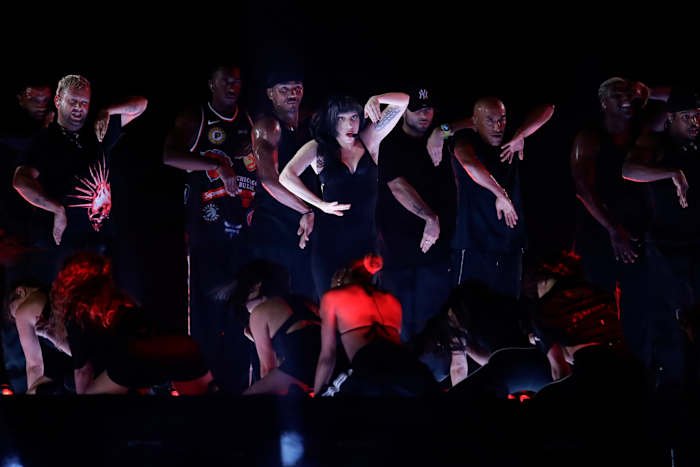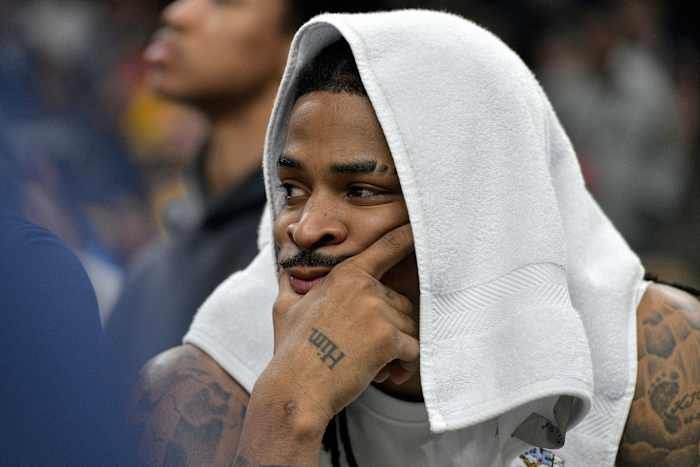Orlando, FL – Hollywood has long been fixated on narcos storylines when it comes to Latino characters, often boxing talented actors and rich cultures into narrow stereotypes. But Diego Boneta, known for his breakout roles in projects like “Luis Miguel: The Series,” is determined to rewrite the script—literally. Frustrated with the status quo, Boneta has crafted his own “murder mystery, sexual thriller” centered on a fictional business empire, marking a bold new step for Latino storytelling. This fresh approach has big implications, not just for Hollywood, but for diverse communities across the nation, including here in Orlando.
Challenging Hollywood Stereotypes
For decades, Latino actors have found themselves limited by the roles available in mainstream media. All too often, stories featuring Latino characters revolve around crime, drugs, and violence, reinforcing harmful stereotypes. Diego Boneta, after several years navigating this landscape, decided enough was enough. Rather than waiting for Hollywood to change, he took matters into his own hands by co-writing a new thriller that flips the script. His project promises not just to entertain, but to broaden the representation of Latinos on screen—an important step for actors and audiences alike.
In Orlando, a city with a vibrant and growing Latino population, the impact of these stereotypes is felt acutely. Local actors, filmmakers, and viewers often see their cultures misrepresented or underrepresented. Boneta’s efforts resonate here, inspiring Orlando’s creative community to demand more authentic and diverse stories.
A New Kind of Latino Story
So, what sets Boneta’s new project apart? Instead of focusing on narcos or criminals, the story revolves around a powerful business empire, intrigue, and complex relationships. Boneta describes it as a “murder mystery, sexual thriller” – a genre that offers suspense and excitement without resorting to clichéd depictions. This kind of narrative opens the door for Latino characters to be seen as multifaceted individuals: CEOs, detectives, lovers, and more.
This shift is important for viewers in Orlando and beyond. When local audiences see Latinos portrayed in a wider range of roles, it helps challenge the biases that can affect everything from casting calls to job applications. As Boneta’s project gains momentum, it could encourage more studios to invest in diverse stories, creating opportunities for Orlando’s own pool of talent.
Spotlight on Orlando’s Latino Creators
Boneta’s journey is an inspiration for Latino creators everywhere, including those in the Orlando area. Central Florida is home to a thriving community of artists, writers, and filmmakers eager to tell their own stories. Organizations like the Orlando Film Commission and local film festivals have supported emerging voices, but there’s still work to be done. Boneta’s example demonstrates the power of taking creative control and the importance of telling stories that reflect the true diversity of Latino experiences.
Orlando-based creators may find Boneta’s approach particularly relevant as they work to get their own projects off the ground. By embracing a wider variety of genres and narratives, they can help reshape the industry from within. Whether you’re an aspiring screenwriter, actor, or producer, Boneta’s story is a reminder that change starts with those willing to challenge the status quo.
What This Means for Orlando Audiences
Representation in media matters, and the stories we see on screen influence how we perceive ourselves and others. For Orlando’s diverse audiences, Boneta’s new project offers a refreshing alternative to the usual Hollywood fare. It’s an opportunity to see Latino characters as complex individuals, not just as one-dimensional figures tied to crime or violence.
As more projects like Boneta’s gain traction, Orlando theaters, streaming platforms, and local film events may begin to feature a broader spectrum of Latino stories. This means audiences will have more chances to connect with characters and narratives that reflect their own lives and aspirations. It also sends a powerful message to young Latinos in Orlando: your stories are worth telling, and you don’t have to fit into a box to succeed.
Conclusion: Join the Conversation
Diego Boneta’s bold move to break away from Hollywood’s narcos obsession is a turning point for Latino representation in film and television. His new murder mystery, sexual thriller shows what’s possible when creators take charge of their own stories—and it’s a message that resonates strongly here in Orlando. As our city continues to grow and diversify, projects like Boneta’s remind us of the importance of authentic, multifaceted storytelling.
What do you think about this shift in Latino representation? Have you noticed similar changes in the Orlando arts scene? Share your thoughts and experiences in the comments below—we’d love to hear from you!

